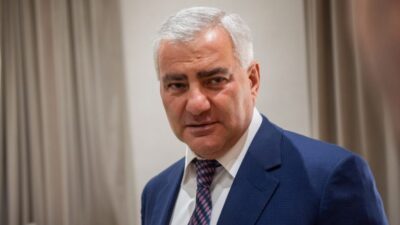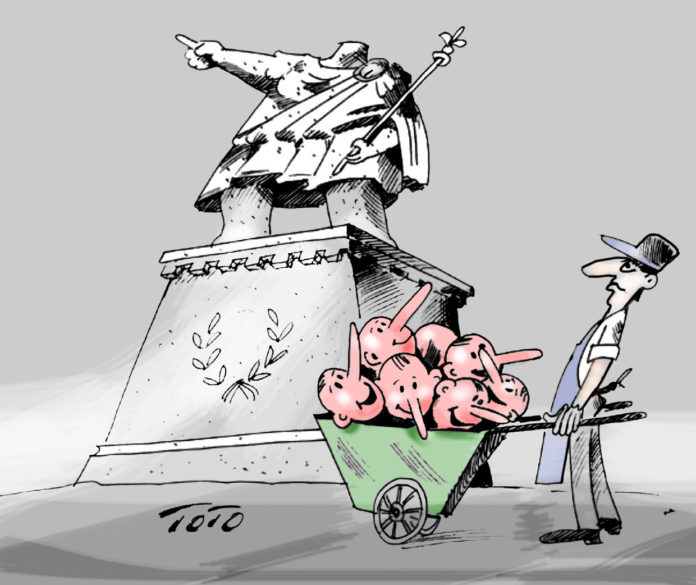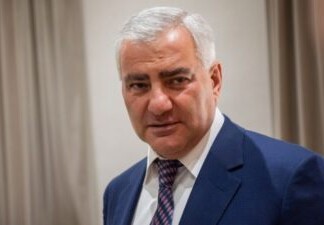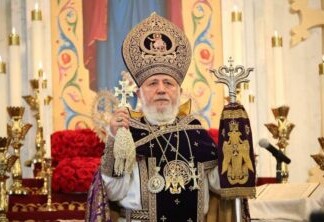Armenia’s snap elections are scheduled to take place on June 20 and the constitution allows only 12 days of campaigning before that date. Howeever, the pre-election campaign has been shaping up for a long time and the opposition parties have been blaming Acting Prime Minister Nikol Pashinyan for using government resources to conduct his campaign, particularly in rural areas, which seem to form Pashinyan’s power base.
The atmosphere is so tense that the animosities, anger and rancor charge the atmosphere to a degree in which civil and civilized political discourse has become impossible.
Even from the distant vantage point of the diaspora, objective analysis shows the election seems to be tainted by extreme polarization. One can seldom detect a rational political agenda in any camp, as all sides have been banking on and capitalizing on the failure — or presumed failure of — its opponent.
For example, the debacle of the 44-day war is one of the hot topics driving the political narrative. The opposition blames Pashinyan for the defeat while Pashinyan accuses the former regime of contributing to the defeat as a consequence of 30 years of inaction while Azerbaijan was in a race to build up and modernize its armed forces.
There are no calm voices in the middle to remind both sides that all administrations, including the current and former ones, bragged all along that Armenia has the most formidable fighting force in the region.
In addition, blame goes all around for Pashinyan’s humiliating loss of 75 percent of Karabakh, as well as the seven regions which were supposed to serve as a buffer or defense corridor for Karabakh. We have discovered that over the years negotiations with Azerbaijan had focused on the principle of swapping land for peace, after failing to force Baku to sign a treaty recognizing the independent status of Karabakh on May 12, 1994. Instead, at that time, a tenuous ceasefire was agreed upon, which turned into a political time bomb over the last three decades.








